Team Conflict
Author:
Unlock your full potential by engaging with our experts and community! Have questions about your fitness journey or looking for expert advice on weightlifting techniques? Don’t hesitate — leave a comment below and Sergii Putsov will provide a personalized answer and insights to help you reach your goals.
Torokhtiy is reader-supported. Some links are affiliate links, and we may earn a commission at no extra cost to you. See our disclosure page for details.
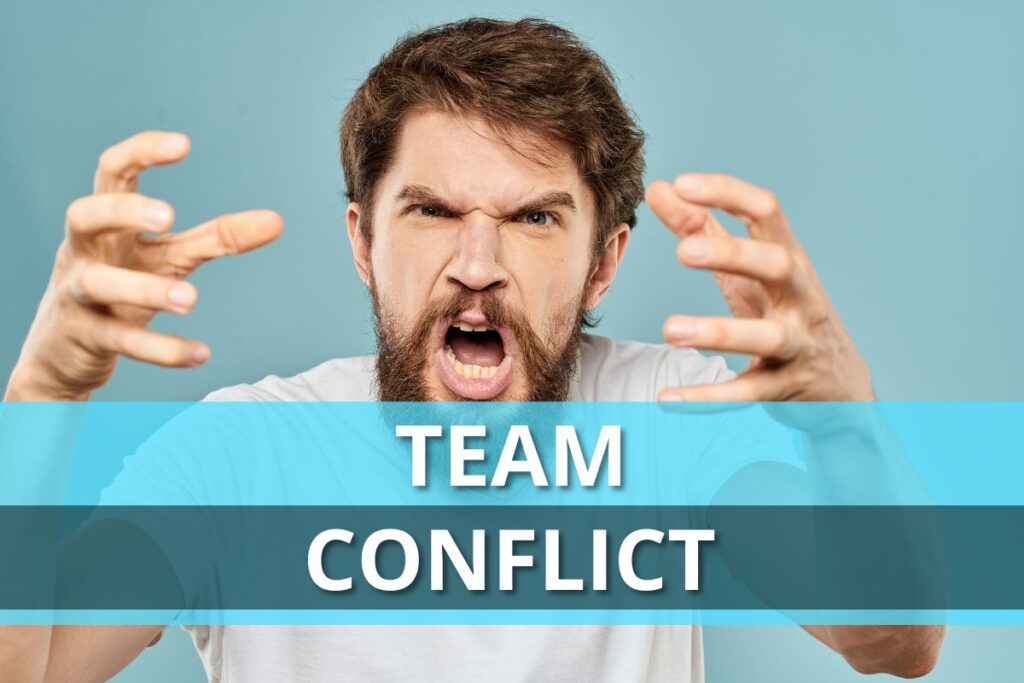
A sports team is a living organism that lives an interesting and emotional life. Athletes who train together can be of different training levels, ages, and also have significant cultural and even intellectual differences depending on their life experience, family values and so on.
Conflicts are an integral part of relationships between people at any age. And no matter how hard we try to live together and respectfully, they still happen and will happen. That is life.
I confess honestly that when I was training at a sports school in Kharkiv, we even had fights. After that, the athletes could train for 6 months on a different schedule so as not to meet together in the gym.
Follow us!
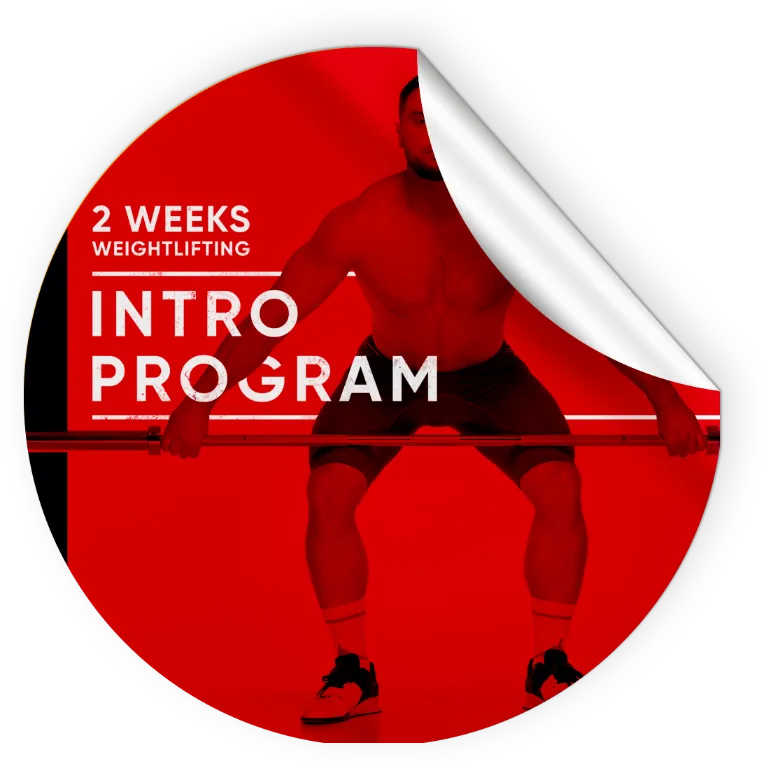
Free!
Get a 2-week Weightlifting Program as a bonus for the subscription to kickstart your training plan!

Free!
Weightlifting is the sport that children join to become physically strong and self-confident. It makes sense that the interaction of young and “hot” athletes may not always be gentle and respectful, especially if they compete with each other.
You may like it:
- Detailed Olympic Weightlifting Program For Beginners
- 12-Week Weightlifting Program For Women (Detailed Example)
- Create Your Olympic Weightlifting Program (Examples Included)
For the team to have conflicts less often, the coach needs to create a microclimate and conditions for adequate self-esteem of each athlete.
If the athlete assesses his abilities adequately, then he reacts to the comments of the members of the sports team by correcting mistakes or manners. With an overestimated self-esteem, the remark is often perceived by him either as an insult, or will not be heard. With low self-esteem, long experiences appear, up to and including refusal to train or compete.
Sports psychologists distinguish two phases of conflict development: constructive and destructive. The constructive phase is characterized by dissatisfaction with oneself, opponent, conversation, team work.
It can manifest itself in:
- conversation style;
- emotional tone of voice;
- reproaches;
- excuses;
- ignoring the partner’s reaction;
- avoiding the conversation;
- termination of training;
- a sudden increase in distance with a communication partner;
- taking a closed pose;
- looking away;
- unnatural facial expressions and body language.
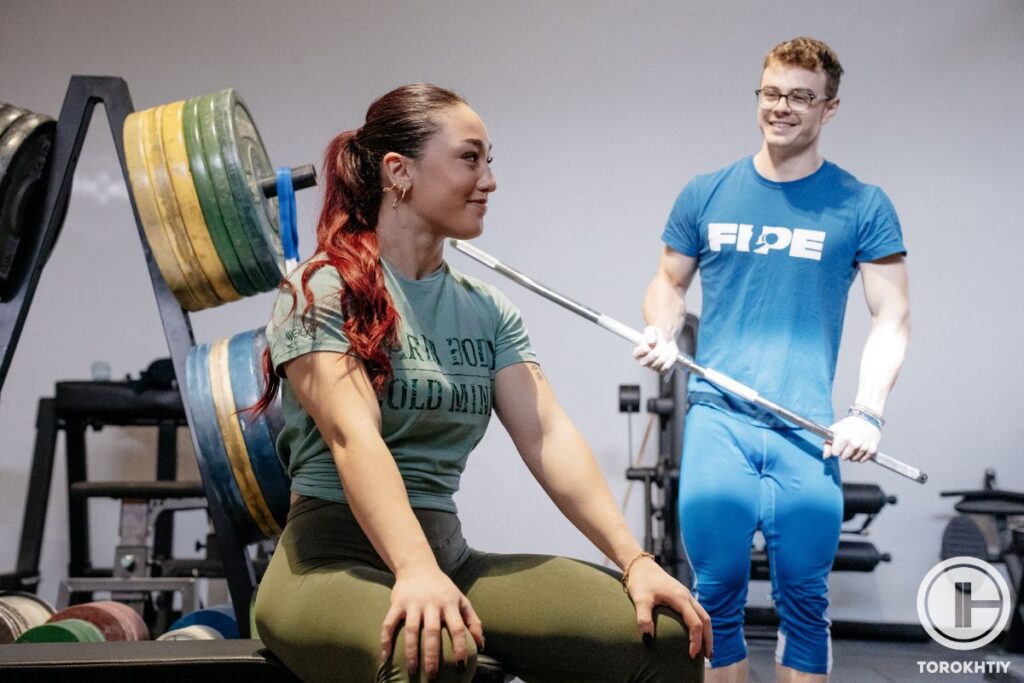
The destructive phase of the conflict begins when mutual dissatisfaction with each other exceeds the critical threshold and team training and communication becomes uncontrollable.
Athletes try to overestimate their capabilities and underestimate the capabilities of their opponent and assert themselves. During training, you can hear unfounded critical remarks, dismissive mentions, glances, gestures towards the opponent. These reactions are perceived as personal insults and cause conflicting behavior in response.
The human consciousness contains psychological mechanisms for protecting one’s real “I”. They are necessary to maintain psychological balance and psychological “comfort” of the individual. These mechanisms can make criticism difficult to perceive.
Inadequate self-image creates psychological barriers in communication and conflict behavior.
Prevention of conflict in a team depends on the coach. When such a situation arises, the coach should not support conflict. It is important to speak calmly to athletes and to persuade them, not command them.
Experienced coaches often talk individually with “difficult” athletes to prevent conflicts.
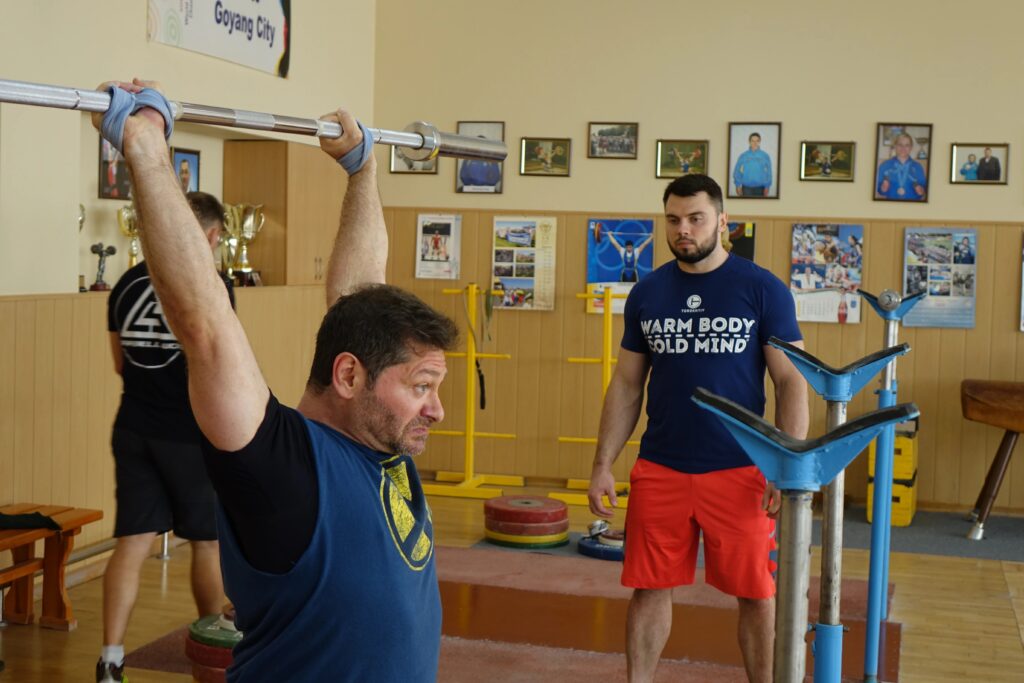
In this case, the coach needs:
- show attention, respect, empathy, tolerance for his weaknesses, speak in a calm tone;
- build phrases so that they cause a neutral or positive reaction;
- constantly maintain feedback, look into the eyes, monitor the change in his posture, facial expressions;
- slightly tighten the pace of the conversation if the athlete is excited or speaks quickly;
- try to understand what events brought him to this state;
- to allow to speak out, not to interrupt;
- reduce the distance, approach and lean towards him, smile;
- show the athlete interest in solving his problem;
- to emphasize the best qualities of the student, which will help to overcome the conflict situation, to cope with their condition.
In my youth, when my coach Valery Nikulin invited me to his office for such an “educational conversation”, I understood that the coach “needs to be heard.” He always knew how to choose the words that made him direct the “inner fire” from unnecessary stupid actions into the quality of training.
When studying motivation and prevention of conflicts, it is necessary to create for the athlete a sense of his normal self-worth, his importance in the team, to celebrate and encourage his good performance of tasks. To form an adequate self-image, help the athlete “see himself” through the eyes of the coach and his fellow weightlifters.
Ever since childhood, I remember a quote from one of my coaches: “All rivalries and battles should take place on a competitive platform, there you need to show a real fight. And in life and in training, you need to be a normal person and a teammate!
Related articles:
You might be interested in:
Why Trust Us?
With over 20 years in Olympic weightlifting, strength training, nutrition coaching, and general fitness our team does its best to provide the audience with ultimate support and meet the needs and requirements of advanced athletes and professional lifters, as well as people who strive to open new opportunities and develop their physical capabilities with us.
By trusting the recommendations of our certified experts in coaching, nutrition, and sports training programming, as well as scientific consultants, and physiotherapists, we provide you with thorough, well-considered, and scientifically proven content. All the information given in the articles concerning workout programming, separate exercises, and athletic performance, in general, is based on verified data.
The product testing process is described in more detail here.
Author: Sergii Putsov
Head of Sport Science, PhD
Best Results: Snatch – 165 kg,
C&J – 200 kg
Sergii Putsov, Ph.D., is a former professional weightlifter and National team member, achieving multiple medals in the 94 kg weight category at national competitions. With a Master’s degree in “Olympic & Professional Sport Training” and a Sport Science Ph.D. from the International Olympic Academy, Greece, Sergii now leads as the Head of Sport Science. He specializes in designing training programs, writing insightful blog articles, providing live commentary at international weightlifting events, and conducting educational seminars worldwide alongside Olympic weightlifting expert Oleksiy Torokhtiy.



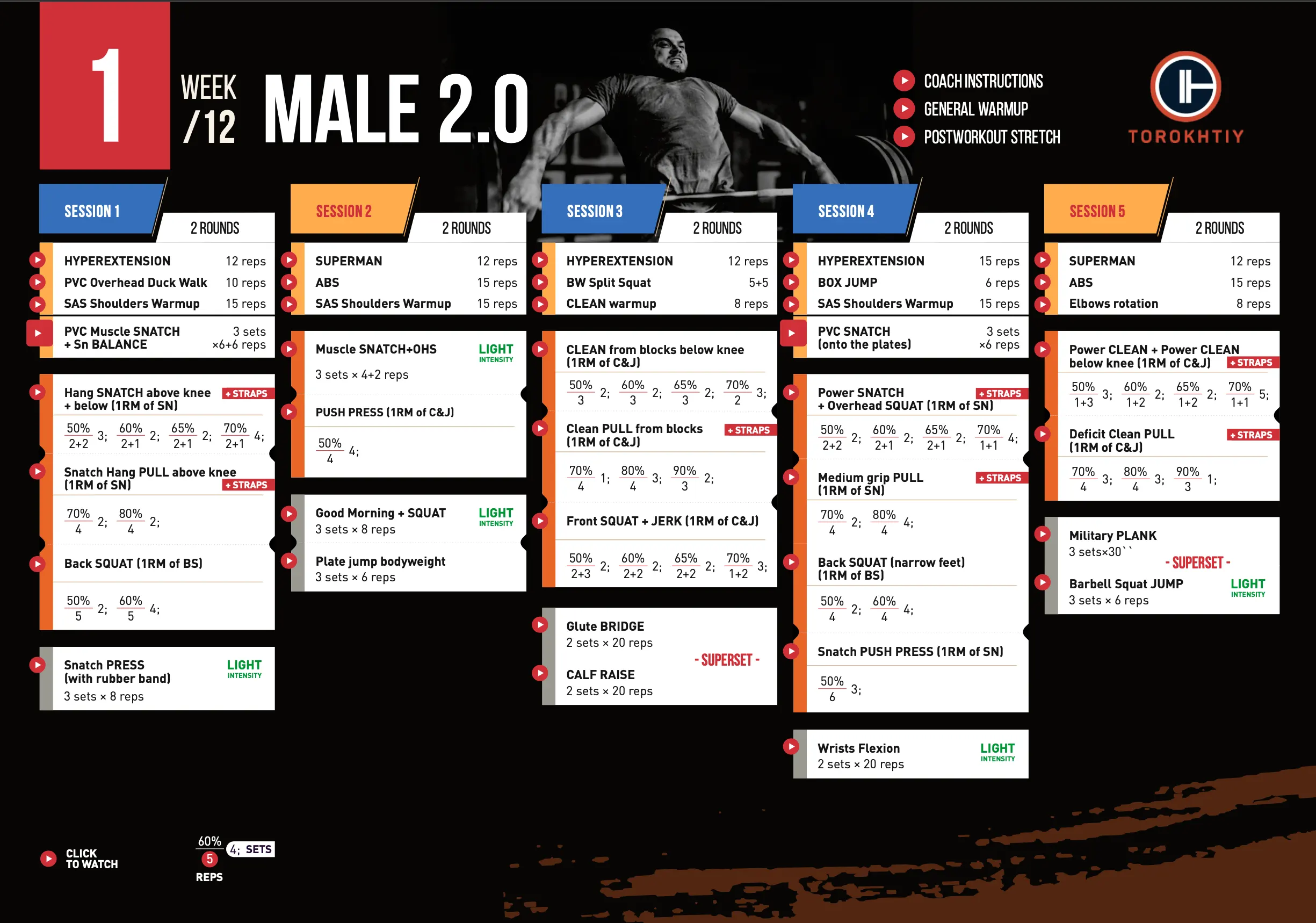
Still have questions after reading our article? Unlock your full potential by engaging with our experts and community! Don’t hesitate — leave a comment below and Sergii Putsov will provide a personalized answer and insights to help you reach your goals.